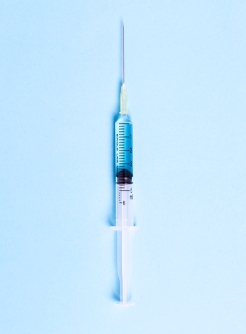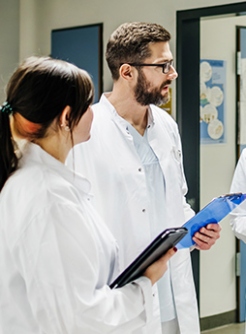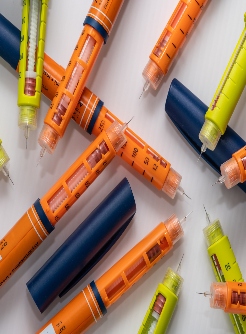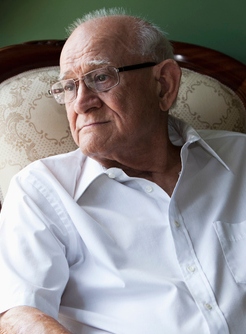FDA Approves Dapagliflozin as Glycemic Control Treatment for Type 2 Diabetes in Children
By Jeff Craven, MD /alert Contributor
July 9, 2024
The FDA has approved dapagliflozin, an oral SGLT2 inhibitor, as a treatment for improving glycemic control in children with type 2 diabetes who are 10 years and older, according to an announcement from the drug’s manufacturer.
“The prevalence of type 2 diabetes continues to rise in children and adolescents, yet oral treatment options have remained limited for this population,” Ruud Dobber, executive vice president of the biopharmaceuticals business unit at AstraZeneca, stated in a press release. “Today’s approval represents an important milestone for pediatric patients living with type 2 diabetes in the US, extending this medicine’s potential benefits to even more patients facing high unmet needs and reinforcing AstraZeneca’s commitment to delivering innovative treatments across cardiovascular, renal and metabolic diseases.”
The FDA’s approval of dapagliflozin was based on results from the phase 3 T2NOW trial, which enrolled patients over 26 weeks who were between 10-17 years in age, had uncontrolled type 2 diabetes with hemoglobin A1C levels between 6.5% and 10.5%, and were receiving insulin, metformin, or both. Overall, 81 patients were randomized to receive 5 mg of dapagliflozin, 88 received 2.5 mg of saxagliptin, and 76 received a placebo. At 12 weeks, patients with A1C levels of 7% or higher in the active treatment group were randomized to receive a higher dose of dapagliflozin (10 mg) or saxagliptin (5 mg). The researchers assessed A1C change at 26 weeks as a primary outcome and safety over 52 weeks.
The results showed a significant improvement in mean A1C percentage point change at 26 weeks in the dapagliflozin compared with the placebo group (adjusted mean A1C change = -1.03; 95% CI, -1.57 to -0.49; P < .001), while there was no significant difference in the saxagliptin group when compared with the placebo group (adjusted mean A1C change = -0.44; 95% CI, -0.93 to 0.05; P = .078).
Researchers noted 72.8% of patients in the dapagliflozin, 69.2% in the saxagliptin group, and 71.1% in the placebo group experienced adverse events. Serious adverse events occurred for 8.6% of patients taking dapagliflozin, 8% taking saxagliptin, and 6.6% in the placebo group. The most common adverse event was headache, which occurred for 14.8% of patients in the dapagliflozin group and 5.3% in the placebo group. There were severe hypoglycemia cases in each group, with 4.9% of patients in the dapagliflozin group, 4.5% in the saxagliptin group, and 7.9% in the placebo group experiencing severe hypoglycemia.
“Most events were mild and none was considered serious or resulted in discontinuation,” the authors said.
--
Disclosures: Dobber is an employee of AstraZeneca. T2NOW was supported by AstraZeneca.
Photo Credit: Getty Images.




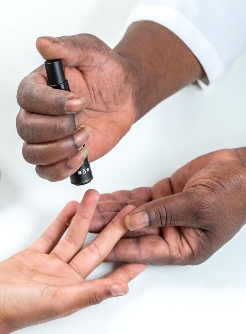
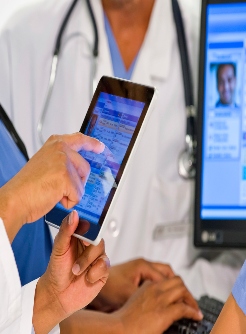
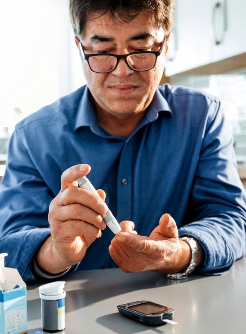

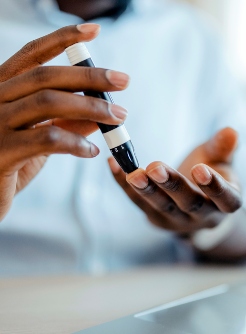

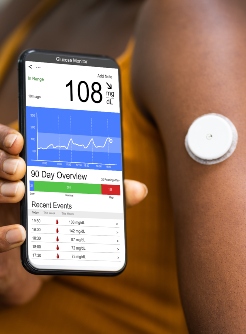








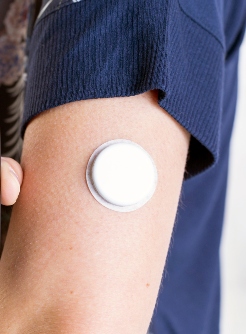
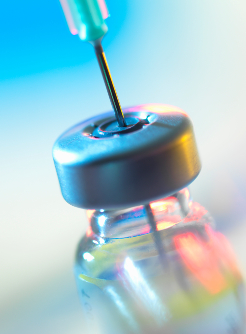

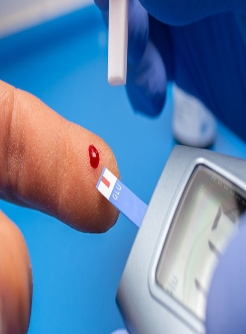



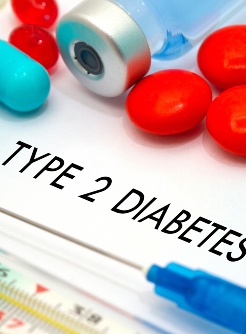



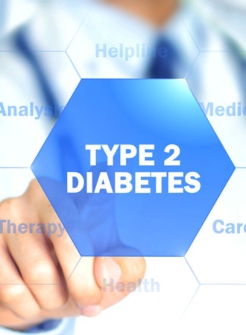
.jpg)
.jpg)

